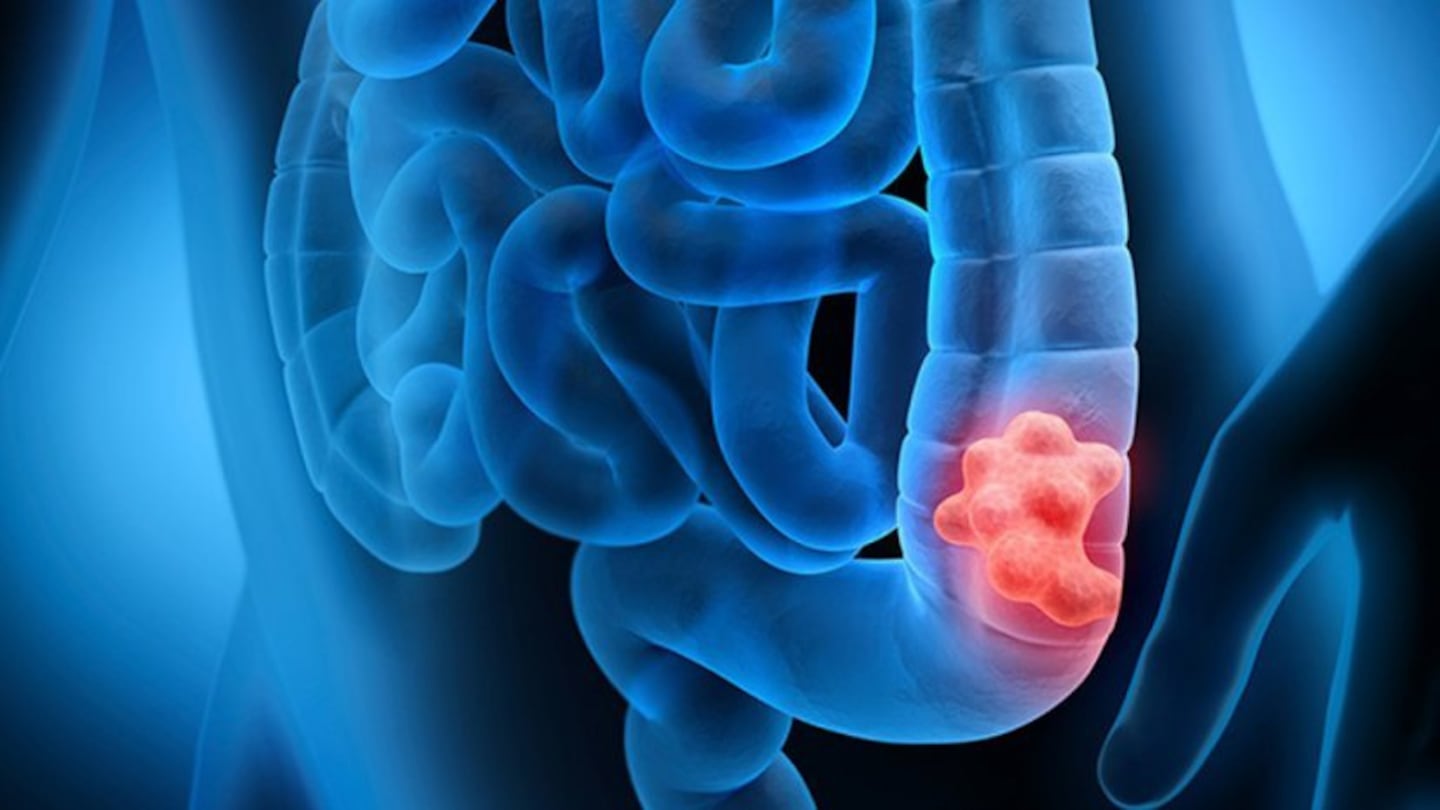More Kiwis will now have access to fight bowel cancer as Waikato becomes the latest region to join the National Bowel Screening Programme.
Waikato District Health Board is the 15th DHB to join the National Bowel Screening Programme (NBSP), which is ensuring more than 66,000 residents, aged 60 to 74 can be a part of the life-saving initiative.
It expects to find around 70 to 80 cancers a year in the Waikato region in the first few years of operation.
The Waikato board has expanded its endoscopy unit at Waikato Hospital to cope with an estimated 1100 extra colonoscopies a year that will result from bowel screening.
Bowel cancer, sometimes called colon cancer or rectal cancer, is the second-highest cause of death by cancer in Aotearoa - the most fatal is lung cancer.
Over the next two years eligible people will receive a home test kit in the mail.
Take the test
Clinical director Dr Susan Parry is strongly advising people to use the test kits because she says those with early-stage bowel cancer, who get appropriate treatment, have a 90 percent chance of long term survival.
"It only takes a minute or two and it really could save your life.”
Bowel screening can also detect and remove bowel polyps, growths in the bowel wall that can turn cancerous in time.
Dr Parry says bowel cancer is sometimes called a 'silent' disease as people are often surprised when it is discovered through screening.
The NBSP expects to find around 70 to 80 cancers a year in the Waikato region in the first few years of operation.
Dr Parry says, "The team has really risen to the challenge and shown a huge level of commitment and enthusiasm to bringing this life-saving programme to Waikato. This has included enlisting the help of iwi to ensure high participation rates in screening by Māori who often have worse outcomes from bowel cancer."
The five remaining DHBs (Capital & Coast, West Coast, Taranaki, Bay of Plenty and Northland) are expected to join the programme in coming months, with the expected to be completed by the end of 2021.


